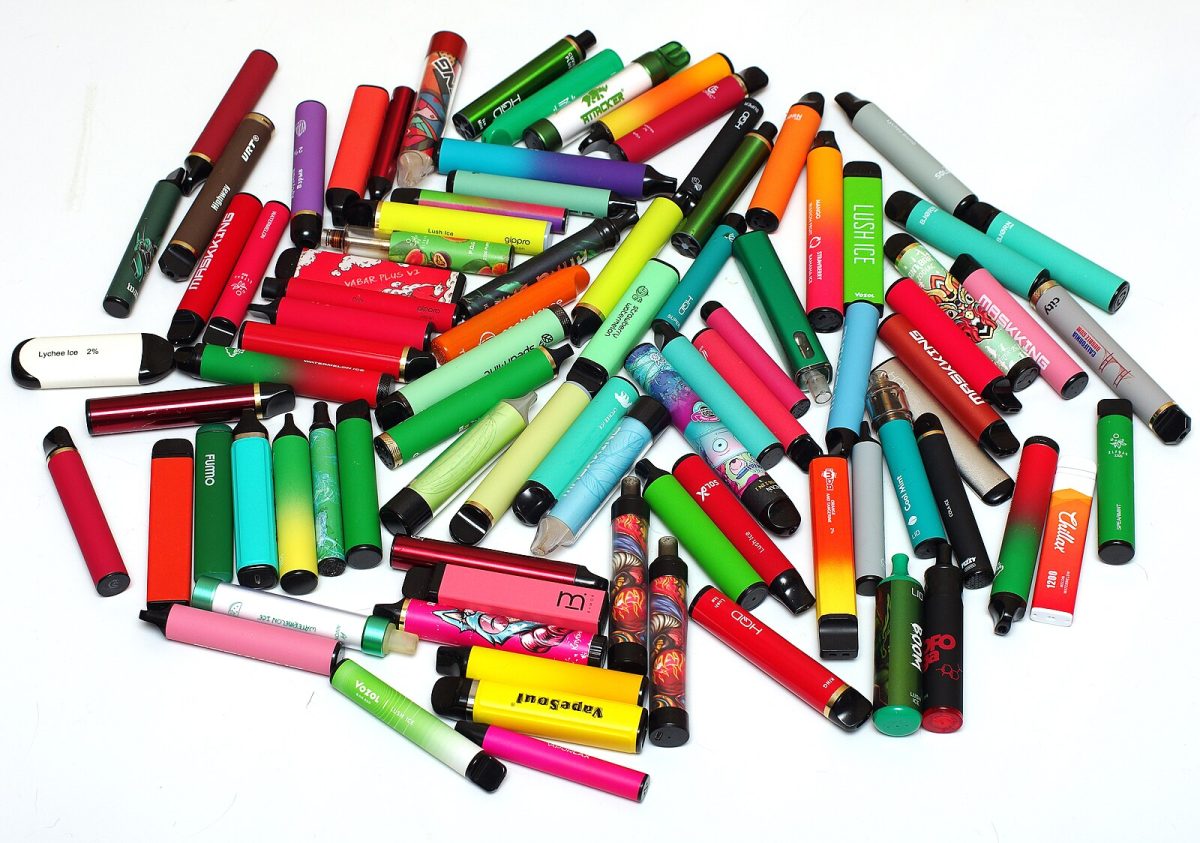 When I was a kid, I loved watching SpongeBob. The antics of Mr. Squarepants and his best friend Patrick Star were both amusing and heartwarming. SpongeBob was clearly the dominant member of the pair. Generally, Patrick was pretty complacent about this. It wasn’t until the season-two episode, “Big Pink Loser,” that Patrick’s envy was made known.
When I was a kid, I loved watching SpongeBob. The antics of Mr. Squarepants and his best friend Patrick Star were both amusing and heartwarming. SpongeBob was clearly the dominant member of the pair. Generally, Patrick was pretty complacent about this. It wasn’t until the season-two episode, “Big Pink Loser,” that Patrick’s envy was made known.
In this episode, SpongeBob receives a plethora of awards for various accomplishments, while Patrick doesn’t get any. Patrick then goes all out, competing against SpongeBob so that he may win something. I know these are cartoon characters, but, in retrospect, I can’t help feeling bad for Patrick.
For me, “Big Pink Loser” symbolizes high school. I’m constantly comparing myself to others and competing against my peers for awards that, for the most part, don’t actually matter. Often, I do not live up to my own expectations which makes me feel like a big pink failure.
High-achieving students set expectations for themselves that include a wide portfolio of AP classes and multiple extracurriculars. Meeting these challenges alone would be fine, but trouble occurs, at least for me, when people start competing with each other and clawing up the proverbial ladder to become “the best.”
Obviously, it is not possible for everyone to be the best at everything, but that doesn’t stop anyone, including myself, from trying. What I’ve come to realize, though, is that I suck at trying to be the best at everything.
Similar to the struggle Patrick faces, I mimic techniques of other people and get caught up in petty competition instead of really focusing on what works for me. And, like Patrick learned, this competitive outlook tends to get me in trouble.
This year, I returned to the Grady crosscountry team in high spirits because I thought I was going to leave everyone in the dust. I was unhappy to find, however, that I had not been the only one practicing over the summer. My teammates had worked just as hard and this realization made me angry. I began to push myself too hard at practice, which led me to develop a tibial stress fracture that kept me out half the season. My obsession with being the best put me in a worse place than where I had started. I know that if I had focused on improvement for myself instead of improvement to be better than everyone else, I might not have injured myself.
By high school, students become incredibly self-aware and vulnerable to the degenerative Big Pink Loser-itis. Comparing class rank, GPA, extracurriculars, volunteer hours and work experience for the solitary purpose of one-upping your friends is not healthy.
It is much more important to be your best than it is to be the best. That may sound incredibly cliché and far easier said than done, but holding yourself to impossible-to-meet standards to please your ego may not always feel as good as expected. Staying up all night to study for a test to ensure you get the best grade in the class will make you feel like you hit yourself on the head with a hammer, like Patrick, and will not get you an award.
In the end of “Big Pink Loser” (Spoiler Alert!), Patrick ends up getting an award for “doing absolutely nothing for the longest period of time,” which is what he is best at. Similarly, instead of obsessing over being the best at everything, I try to focus only on myself by setting standards according to what I have previously done and not what anyone else’s best is.
This is difficult because I’m usually surrounded by people who suffer from the same obsession. Maybe if we all thought back to SpongeBob and to that pineapple under the sea, then remembered “Big Pink Loser,” we would understand that being ourselves is more important than being the best.






